“This BSc has reshaped how I see myself as a future clinician and researcher. These experiences taught me to navigate ambiguity and think critically – skills that are vital in delivering patient-centred care.”
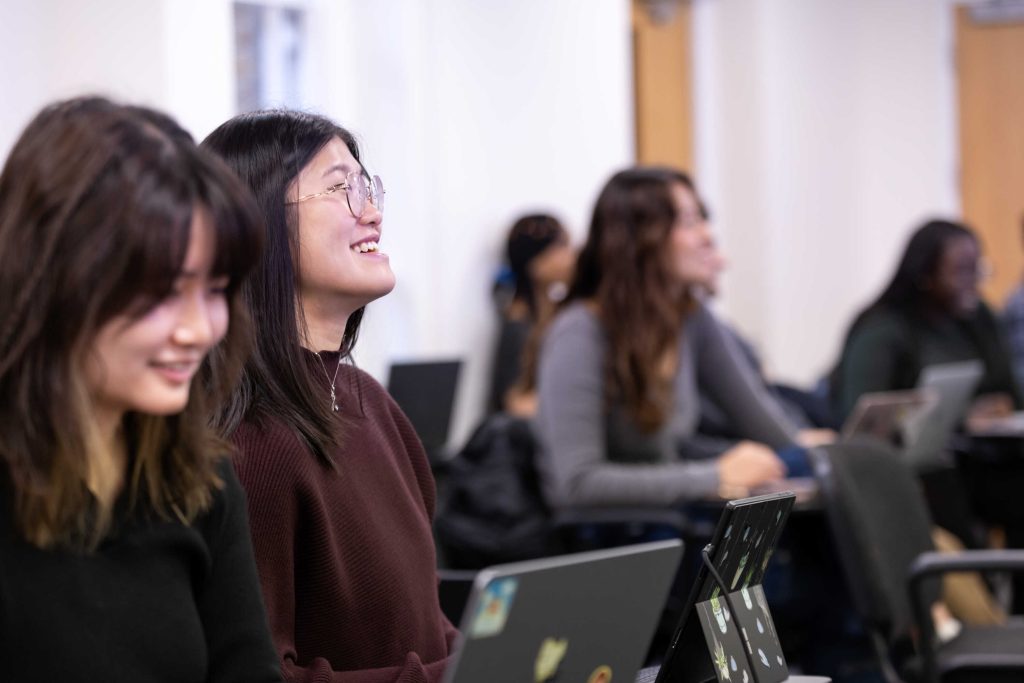
Each year, our Intercalated BSc (iBSc) students at the National Heart & Lung Institute (NHLI) are recognised for their outstanding achievements across our three courses: Remote Medicine, Cardiovascular Sciences, and Translational Respiratory Medicine.
Here are our 2024/25 award winners and nominees in their own words, reflecting on their journeys, challenges, and the impact of their intercalated year at NHLI.
Remote Medicine
Dominic Kumaresan – Winner of the NHLI Prize for Outstanding Achievement
Beth Hart – Winner of the Remote Medicine Prize for Best Overall Performance and nominated for the St Mary’s Development Trust Prize
“Hi! I’m Beth, a medical student originally from Edinburgh Medical School. I chose to do the Remote Medicine iBSc (intercalated BSc) for my intercalation because it combined my love for the outdoors with my interest in physiology in extreme environments. It’s a field I’d love to work in when I graduate, and this course has helped increase my knowledge, understanding, and appreciation for the field massively!
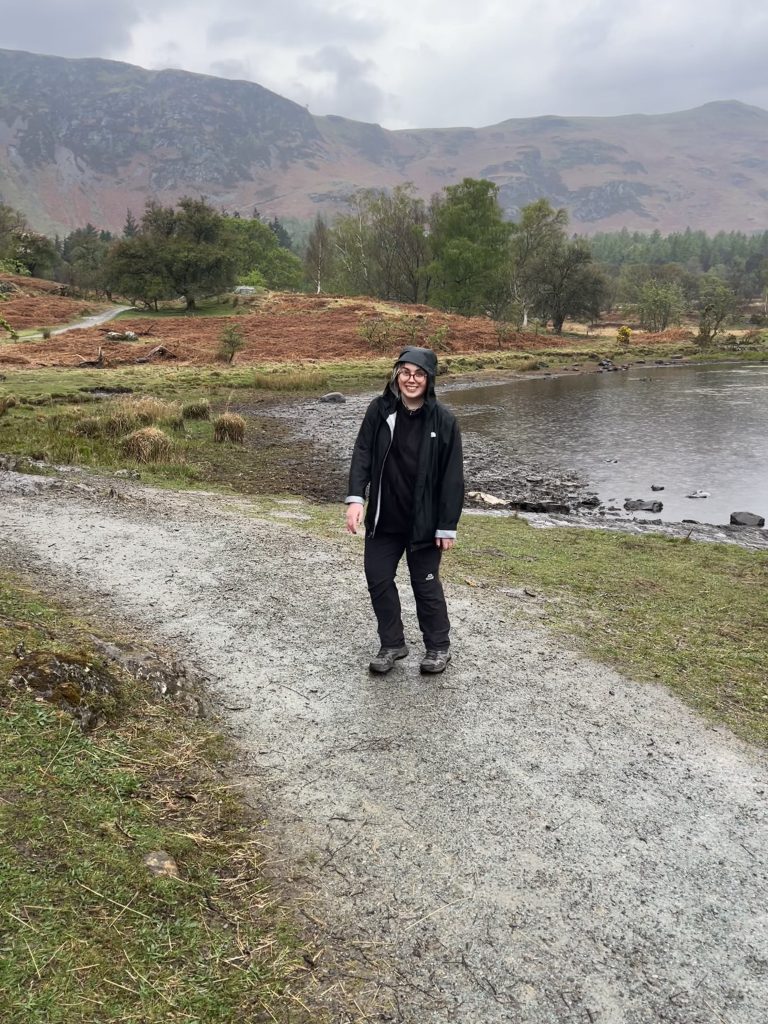
“The Remote Medicine BSc gave us the opportunity to meet leading experts in diving, high-altitude, space, and other extreme environments, but the best part of the course was meeting other like-minded students and course leaders.”
Although my research skills before this year were pretty terrible (!), thanks to this course, I’ve also come out of this year with improved skills and confidence. If you’re interested in extreme physiology, or even just learning something a bit different for your intercalated year, Remote Medicine at Imperial offers a challenging but incredibly rewarding BSc year.”
Cardiovascular Sciences
Aidan Birdi – Winner of the Charles Power Prize for Best Overall Performance in BSc and Winner of the Agnes Cope Prize for Best Overall Performance
Can you tell us a little bit about yourself and why you chose your BSc subject?
My strong interest in physics and applied mathematics originally led me to gain a place to study MSci Physics with Theoretical Physics at Imperial. However, I switched to the MBBS/BSc Medicine degree – a subject where I felt I could work towards making a positive difference to patients. In my second year, an elective module in Interdisciplinary Research Computing introduced me to a guest lecture by Dr Marta Varela – then based at the NHLI – on cardiac digital twins. The talk opened my eyes to a field where physics, computing, and medicine converge in powerful ways. Having had limited exposure to cardiac electrophysiology in the medical curriculum, this intersection was both surprising and compelling. That experience led to two summer undergraduate research projects in computational electrophysiology, making the Cardiovascular Sciences BSc at the NHLI a natural and exciting next step.
How would you sum up your experience, and could you share with us one of your most memorable/challenging experiences?
The BSc trains your ability to read, critically analyse, and carry out clinical and basic science research in the cardiovascular sciences. This model necessarily pushes you out of your comfort zone to build widely applicable, generic scientific skills. In particular, I’ve realised the significance of clear written and verbal communication skills.
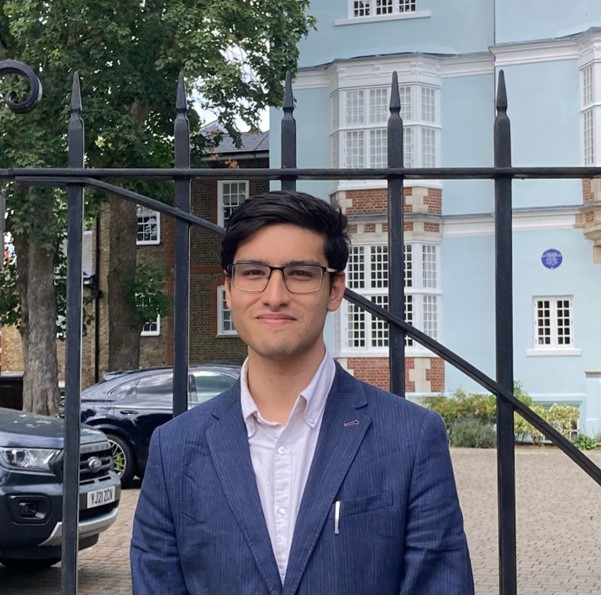
“The ongoing cutting-edge medical research at the NHLI has been consistently inspiring. The course is delivered by many world-leading researchers. Furthermore, the course fosters an appreciation of the complex coordination of the subject, from basic sciences to research trials to clinical practice.”
How do you think the BSc will help you achieve your long-term goal?
The BSc has enabled me to embark upon an intercalated PhD in computational cardiac electrophysiology, supervised by Dr Fu Siong Ng and Dr Arunashis Sau. Ultimately, my aim is to work in clinical academic medicine where I can use both my physics and computing skills alongside clinical medical practice.
What advice would you give to someone considering applying for the BSc?
The expanding interdisciplinary nature of cardiovascular sciences continues to astound me. Across a vast range of scientific disciplines, there are fascinating conversations occurring about clinical applications to cardiovascular medicine. I would highly recommend the Cardiovascular BSc as an opportunity to learn rigorous modern research practice, as well as learn interdisciplinary skills.
Paras Dixit – Winner of the NHLI Prize for Outstanding Achievement
Can you tell us a little bit about yourself and why you chose your BSc subject?
I was interested in cardiology even before medical school, having seen several family members affected by cardiovascular disease. It’s a field that’s always felt close to my heart. I really enjoyed the pre-clinical cardiology teaching, and seeing it applied during clinical placements made it even more engaging. In second year, I was introduced to research through the Clinical Research and Innovation module and found I really enjoyed asking questions and working with data. After reading about the ORBITA trial, I reached out to Dr Rasha Al-Lamee and was incredibly fortunate to join the ORBITA team early in my third year and later continued working with the group for my BSc project. It was a privilege to see high-level clinical trials up close, all with a focus on improving patient care. My interest in cardiology, combined with a growing enthusiasm for research, made the Cardiovascular BSc feel like a natural step – I’m so glad I chose it!
Who or what has inspired you during your time on the BSc?
I’ve been inspired by many people throughout the year, like my supervisors, who are dedicated to exploring unanswered questions and new ideas, while always keeping patients at the heart of their work. I’ve also been incredibly inspired by the patients themselves, who willingly and selflessly take part in research.
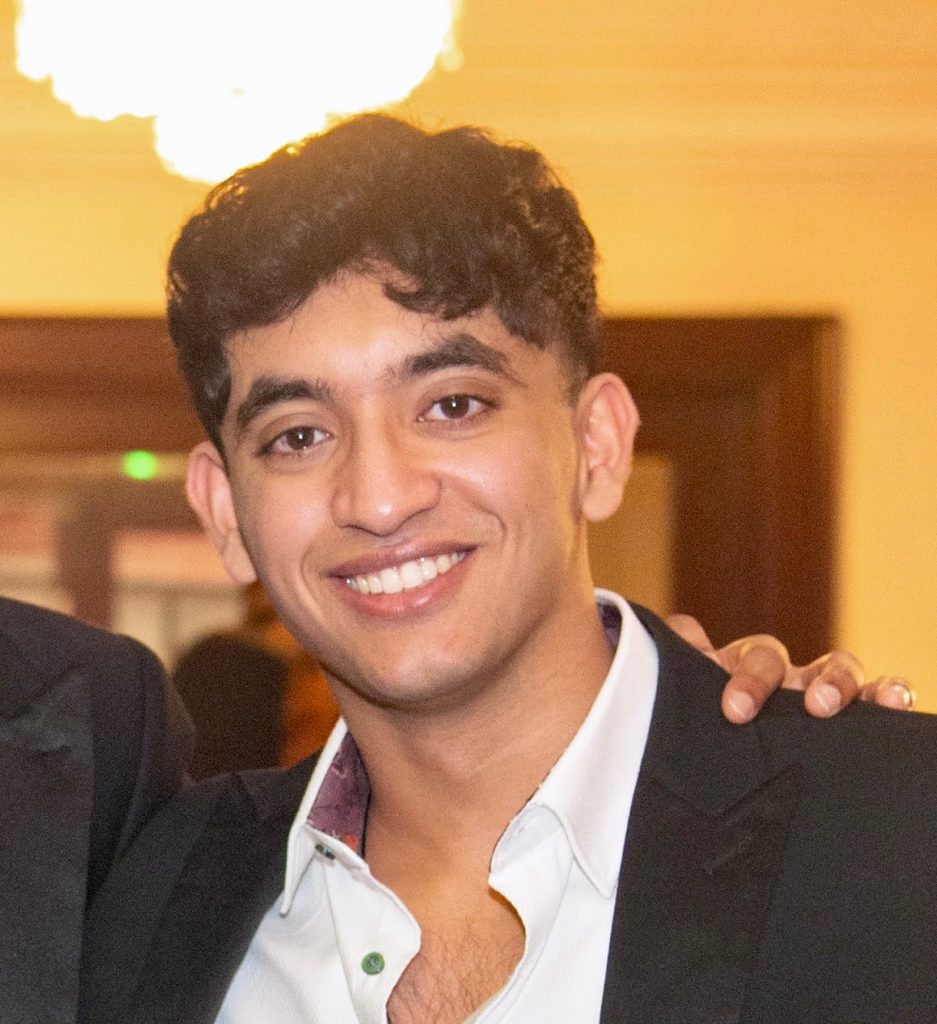
“Observing clinical trials and speaking with participants gave me a real appreciation for their openness and generosity. Clinical research is truly impossible without them; they’re an integral part of the team and help drive meaningful change in healthcare.”
How do you think the BSc will help you achieve your long-term goal?
The BSc solidified my interest in interventional cardiology and gave me the chance to connect with inspiring mentors and like-minded peers. Over the year, I developed a strong foundation in core research skills, which I’m eager to build upon and hopefully use to contribute to meaningful work throughout my medical career.
What advice would you give to someone considering applying for the BSc?
The Cardiovascular Sciences BSc is challenging, but incredibly enriching. It’s quite different from earlier years of medical school, but if you stay organised, proactive, and open to opportunities, you’ll gain a lot from it. I’d recommend speaking to previous BSc students for module-specific advice; the community is very supportive and happy to help. The course builds research skills from the ground up, so don’t worry if you haven’t had much experience before. You’re taught by world-leading experts across a wide range of areas, from basic science to clinical trials – if there’s something you’re passionate about, reach out early!
Rama Aowidah – Nominated for St Mary’s Development Trust Prize
Can you tell us a little bit about yourself and why you chose your BSc subject?
I applied to do a UROP over the 3rd year summer and chose cardiology both to continue the project and because the heart and electrical signals have been what I’ve most enjoyed learning at Imperial. I was advised by an older student to choose my BSc mainly based on what I’d enjoy, and in the en,d I’m really glad I listened!
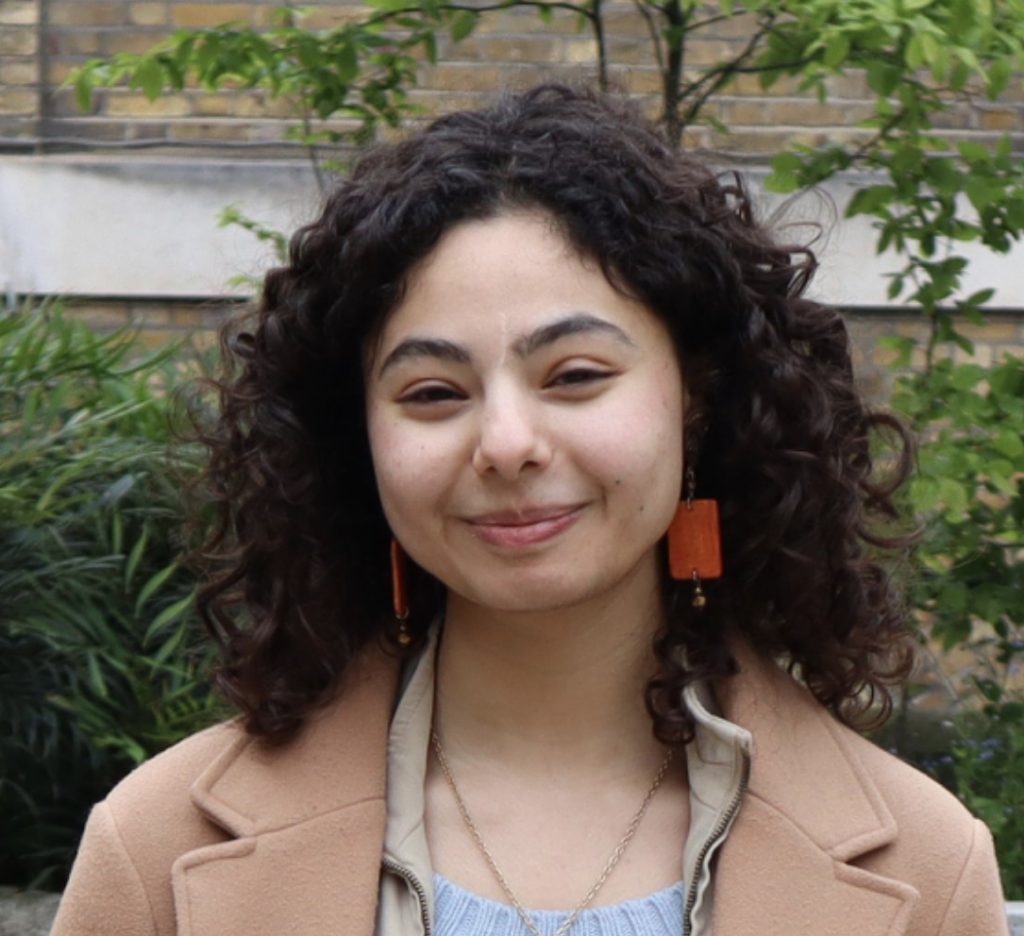
How would you sum up your experience, and could you share with us one of your most memorable/challenging experiences?
If I could sum up my experiences this year, I’d say they were fulfilling! It was by far the most challenging year of medical school, and like many on the course, I have a core memory of staying up impossibly late with everyone to complete our first draft of the literature review. However, overall, I learnt valuable lessons in task prioritisation and time management, which were later key for completing the project write-up and which I am sure I’ll be glad to have for 5th year. Now that I’ve reached the end, despite all the challenges, I feel fulfilled with all the work I’ve been able to do this year.
Who or what has inspired you during your time on the BSc?
Over the course of the year, my peers were the people who inspired me most. People on this pathway are some of the most dedicated, hard-working, and goal-oriented I’ve met on the MBBS course. However, most inspiring was the passion and genuine academic interest that made the debates and group work enjoyable and which really encouraged me not just to work harder, but to take my time with research and enjoy the year.
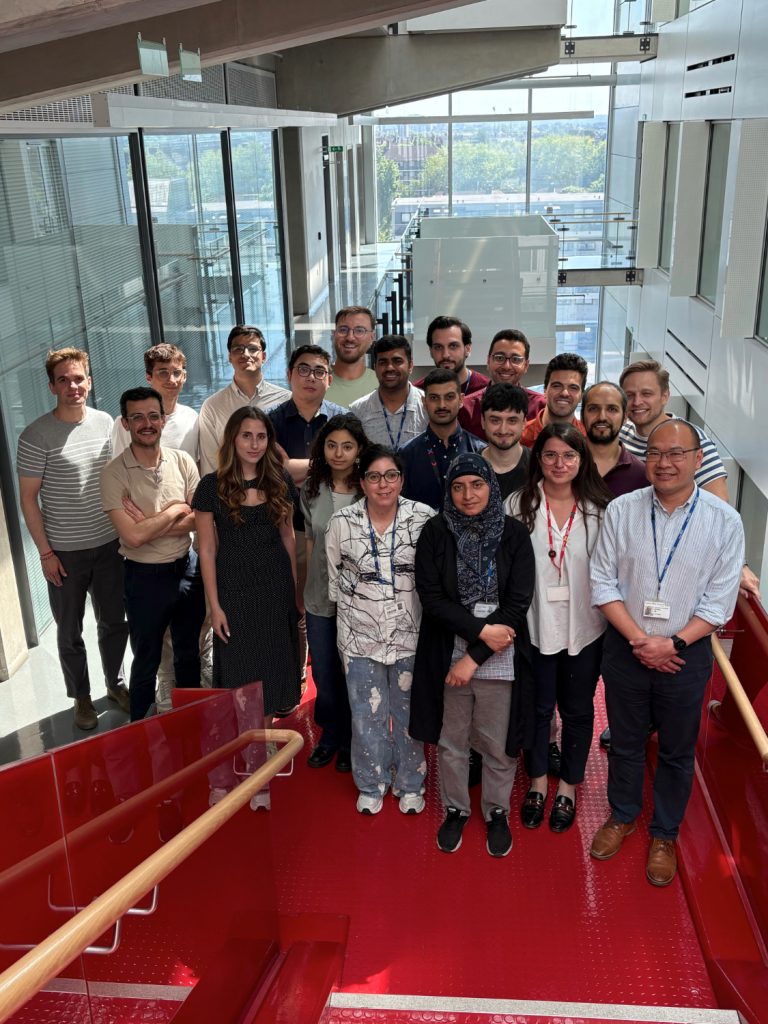
“The BSc was really a chance to see all the research and hard work that goes behind every paper, every new guideline, and every new medical product. There are so many different team members, all with their own expertise and role, and I felt really honoured to see the inner workings of how research at Imperial takes place. Everyone was kind and hard-working, which truly reflected the type of people I’ve been lucky to meet on the course this year.”
How do you think the BSc will help you achieve your long-term goal?
The BSc was an enormous learning opportunity – my research and presentation skills from the beginning to the end of the year are like night and day. I feel much more prepared for all the upcoming work that comes up as a medic, such as conference presentations, research write-ups, critiquing new studies in the field, keeping up with updated guidelines, etc.
What advice would you give to someone considering applying for the BSc?
The Cardiology BSc was incredibly well-structured with an outstanding quality of teaching. Therefore, my main advice for the year would be to really take advantage of the course as a learning opportunity – discover your interests, take chances, ask questions! Every lecturer was extremely passionate and dedicated to their work, so they were more than happy to discuss it with curious students or even show them around their labs.
Translational Respiratory Medicine (TRM)
Justina Ngeh – Winner of the Alan J Stolow Prize for Best Overall Performance
Can you tell us a little bit about yourself and why you chose your BSc subject?
I’m a medical student at Imperial College London, having just completed my intercalated BSc in Translational Respiratory Medicine (TRM) during my fourth year. I chose to intercalate in TRM because I wanted to delve deeper into a clinical subject I had already encountered during my first three years of medical school. What particularly drew me to this course was its translational focus – the opportunity to understand how cutting-edge respiratory research could directly influence clinical practice. I was excited by the idea of seeing how what happens at the bench can ultimately benefit patients at the bedside.
How would you sum up your experience, and could you share with us one of your most memorable/challenging experiences?
Looking back, one of the most formative aspects of the BSc was transitioning from lab-based data analysis in the first term to handling real-world clinical data for my final project. At first, the shift was daunting. I went from following structured guidance to independently navigating fragmented patient data scattered across clinical letters and reports. It was a steep learning curve.
My project supervisors, Professor Saglani and Dr. Hillson, were pivotal in helping me adapt. Their expertise in paediatric respiratory research and their guidance helped me break down complex tasks into manageable steps. I learned to code patient investigations, track follow-up outcomes, and most importantly, frame my data analysis work within real clinical questions.
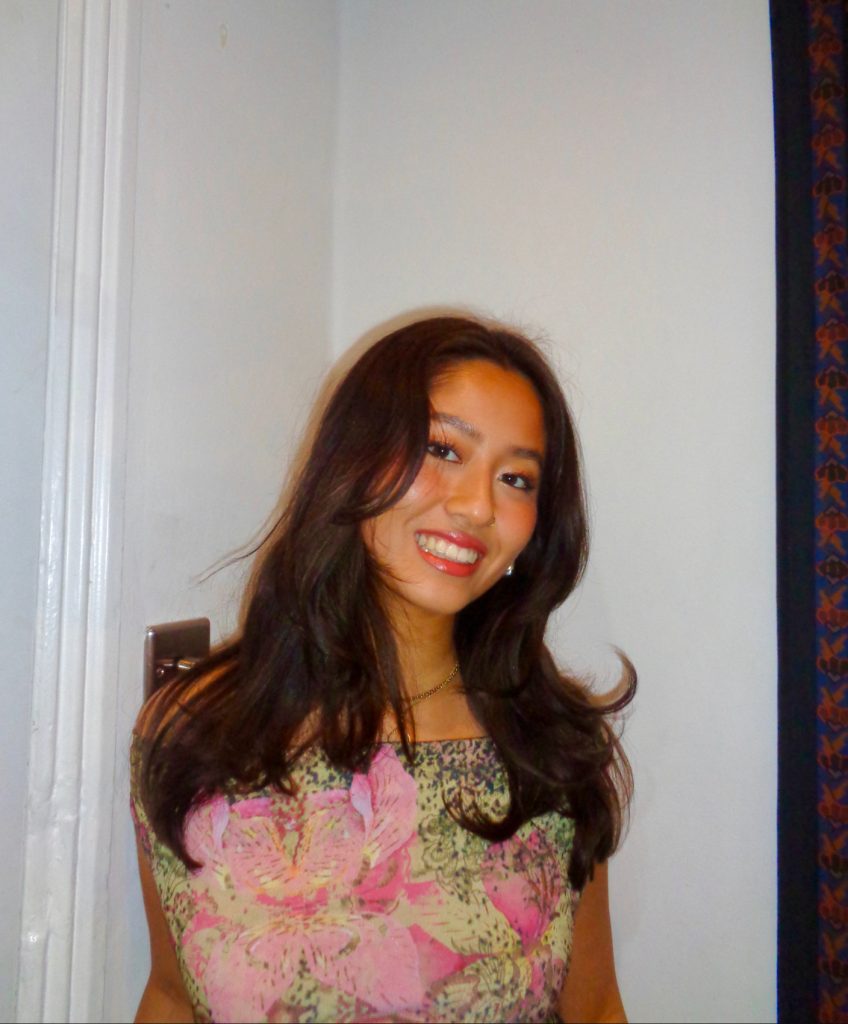
“What truly inspired me was the collaborative spirit of the research team. Regular discussions with my supervisors and colleagues fostered a translational mindset – connecting each piece of data back to patient care. Beyond technical skills, I developed resilience, independence, and an appreciation for the nuances of clinical respiratory research.”
How do you think the BSc will help you achieve your long-term goal?
This BSc has reshaped how I see myself as a future clinician and researcher. During my project, I encountered real clinical cases that didn’t fit neatly into textbook models of paediatric asthma. These experiences taught me to navigate ambiguity and think critically – skills that are vital in delivering patient-centred care.
My long-term goal is to be a clinician who not only treats patients but also understands and contributes to the research that drives innovation in healthcare. This BSc has given me a deeper appreciation of the unseen work that underpins medical advancements, especially in developing novel therapeutics that could transform lives.
What advice would you give to someone considering applying for the BSc?
Don’t feel you need to have a fixed interest in respiratory medicine, or even know your future specialty, to benefit from this course. TRM offers a unique entry point into medical research that is highly transferable across specialties. The course integrates laboratory, clinical, and data-driven approaches, all working toward a shared goal: improving patient care.
Whether you’re already interested in research or just curious, TRM equips you with vital skills that will serve you throughout your medical career. For me, it also helped propel a new interest in paediatric respiratory medicine, which I hadn’t anticipated at the outset.
If you were to summarise your experience on the BSc in one word, what would it be and why?
Transformative. This BSc in TRM has changed the way I think critically, not only about research, but also about medicine itself. The course challenged me to ask deeper questions, work more independently, and see the link between patient care and outcomes and the research behind it. This past intercalation year has been a truly pivotal experience in my medical journey so far.
Rhea Patel – Winner of the NHLI Prize for Outstanding Achievement
My name is Rhea, and I’m now a fifth-year medical student at Imperial. I chose the Translational Respiratory Medicine BSc because I was interested in exploring respiratory as a potential future speciality, and I appreciated how relevant it is across a wide range of clinical areas.
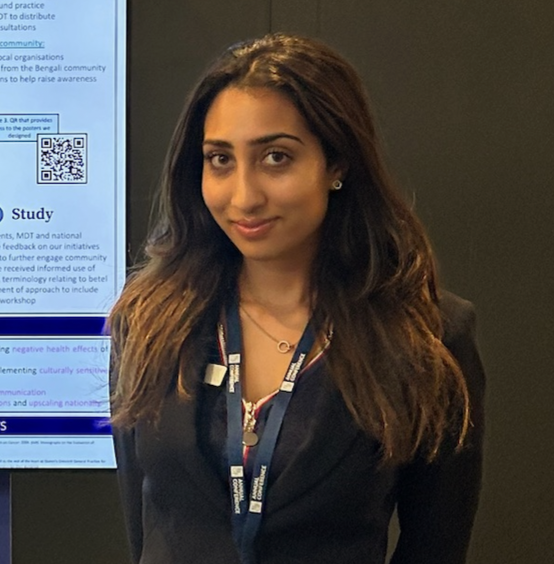
“Studying at the National Heart and Lung Institute offered a unique opportunity to be part of a research-driven environment and to work closely with leading academics in the field.”
One of the most rewarding parts of the year was my final project, where I independently learnt R to conduct clustering analysis on a large dataset. It was challenging at times, but it pushed me to become more resilient and gave me a real insight into the importance of trial and error during the research process.

Another memorable part of the year was our lab week – the first time many of us spent an extended period in a lab setting. The photo I’ve shared was taken during that week with a colleague from my lab group. Although things didn’t always go to plan, we learnt to work through setbacks together and built some lasting friendships.
Throughout the year, I felt consistently supported by my supervisors, module leads, and peers, and being part of a small, collaborative cohort made the experience both productive and enjoyable. I’m especially grateful to my project supervisors (Dr Yang, Dr Zounemat-Kermani, and Professor Chung), as well as all of the wonderful module leads, particularly Dr Bhavsar. I’d also like to thank Professor Donnelly and Tamsin for their support throughout the course, my incredible peers, and Winnie at reception, who never failed to make me smile each day.
The BSc has strengthened my interest in combining clinical practice with academic work in the future. For anyone considering this pathway, I’d really encourage you to go for it – it’s a supportive and engaging programme that will push you out of your comfort zone in the best way and leave you with skills that will stay with you throughout your career.
Radhika Tuli – Nominated for St Mary’s Development Trust Prize
Can you tell us a little bit about yourself and why you chose your BSc subject?
I am now a 5th year medical student, and one of the main reasons I chose TRM is because, in recent years, the number of people across all age ranges dealing with a respiratory illness has increased. This was a course which would cover conditions such as asthma and COPD, which are conditions you will come across as a doctor, no matter the speciality, and felt it would be the best option for that reason.
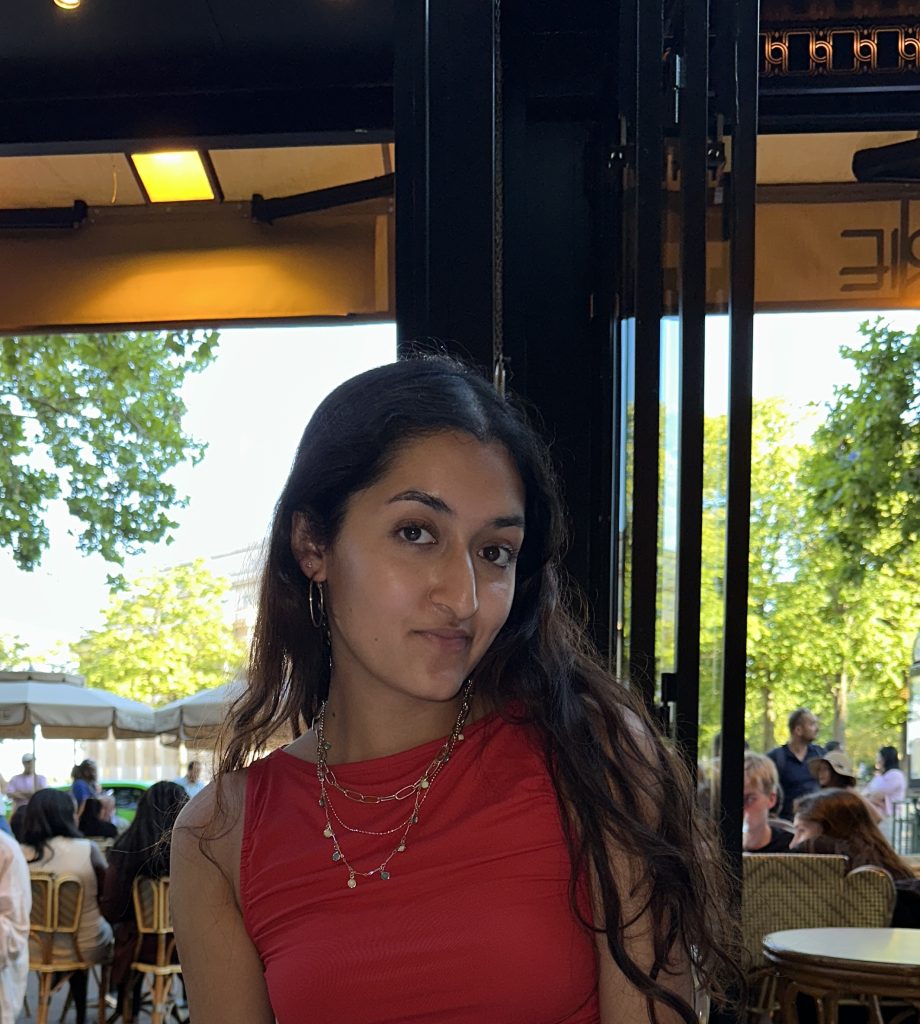
“I believe the academic writing skills and the exposure to carrying out research will help me in the future, as being able to contribute to the evolving medical field is something I have aspired to do.”
How would you sum up your experience, and could you share with us one of your most memorable/challenging experiences?
My experience was definitely a positive one and filled with lots of good memories. The most memorable experiences were the weekly quizzes, as it was a great way to bond with the rest of my coursemates, as well as a helpful way to remember what had been covered in lectures that week.
Who or what has inspired you during your time on the BSc?
My friends inspired me as they were always able to be optimistic about any challenge that arose, and it helped me change my outlook and work through any situations that I felt were difficult.
What advice would you give to someone considering applying for the BSc?
My advice would be to choose a BSc which covers topics you know you will enjoy going to lectures about, because in terms of course structure, the science ones are all similar.
If you were to summarise your experience on the BSc in one word, what would it be and why?
Enlightening because until I had the opportunity to carry out a research project, it was easy for me to underestimate the challenges that can come with the experience.
Find out more about our BSc programmes.